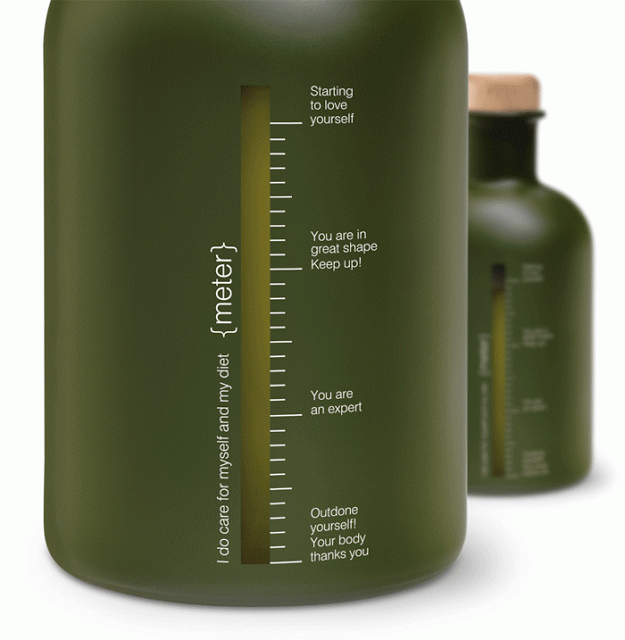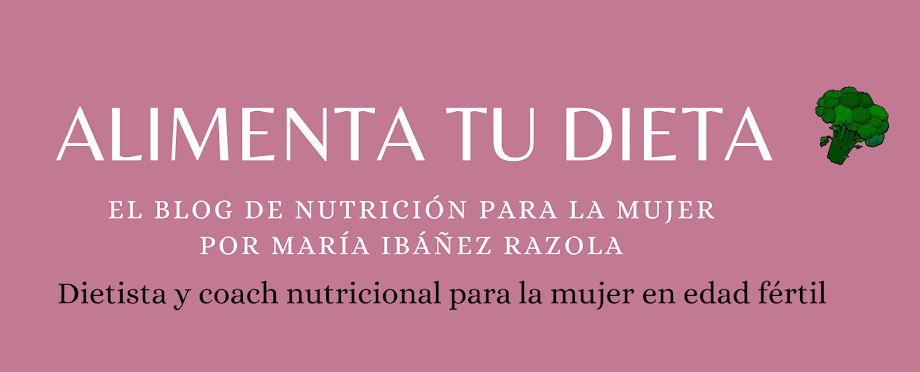Have you ever tasted different types of qualities of Olive Oils?
This is what you would like to know about Olive Oil before you buy:
1. Just because it says on the label Olive Oil, doesn´t mean is gold---> Unless is Extra Virgin with D.O
2. Just because the colour is darker doesn´t mean it is better---> Colour depends on type/ripeness of olive. Greener olives=greener oil
3. Just because it reads on the label " Italy" doesn´t mean is the best oil in the world.--> Any Extra virgin olive oil with D.O will have excellent quality. (Italy is the biggest consumer of olive oil in the world, but half of the olive oil from Italy is Spanish. They label it in Italy as E.U Olive Oil without mentioning country of origin. All of this is legal , by the way)
4- Packaging. A good olive oil needs to be in tin or opaque bottle. Transparent bottles and plastic (PET) ones are the worst options. Olive Oil is very delicate and all its properties are lost if it is exposed to light.
 |
| SOurce: COnsejeria de Turismo de Andalucia. http://www.andalucia.org |
There is a difference between :
Olive Oil
&
(Extra) Virgin Olive Oil
Extra Virgin Olive Oils are classified like this because they have the highest quality:Why ? Because they...
1- Have been extracted with a Cold pressed method. No heat above 35C has been used to extract them, which means that the properties are kept to its highest level.
2- Have been scrutinized by a tasting panel : They check all desirable organoleptic properties such as flavor, aroma, taste, aftertaste...
3- The acidity has been measured in the laboratory (this can´t be perceived by the tasting panel):
maximum =0,5%
Virgin Olive Oil is not sold in the supermarket, as it cannot be legally bottled for direct consumption.
Olive Oil is then a refined deodorized and transparent oil after heating and chemical extraction to which a drizzle of Virgin Olive Oil is added, just to give it some colour ;)
This is similar to seed oils.
 |
| SOURCE:gauchogourmet |
Olive Oil tasting is as important in the industry as Wine Tasting and if you ever have the opportunity to experience it, you will be surprised!
-------------
¿Sabes reconocer el sabor de distintos aceites de oliva?
Cada aceite, como cada vino, tiene un sabor que lo hace más apropiado para unos platos u otros.
Esta es una experiencia que hasta los niños (al contrario que el vino) pueden disfrutar e incluso son más hábiles para reconocer sabores muy característicos a tomate o manzana.
 | |||||||||||||||||||||||||||||||||||||||||||||||||||||||||||||||
| Aceite Casas de Hualdo:Mejor almazara de España 2012. Cata variedad Arbequina | http://www.casasdehualdo.com |
Además del sabor, a la hora de comprar un aceite de oliva es mejor hacerlo con un poco de conocimiento, sobre todo si nos importa el beneficio tanto en el paladar como en la salud.
¿Vale cualquier aceite de oliva? NO! ¿Por qué? Porque...
1- Solo porque ponga en el etiquetado aceite de oliva no significa que sea oro--> Busca Extra Virgen con D.O y verás la diferencia. Más abajo te lo explico.
2-El color del aceite no indica calidad, simplemente color de la aceituna y madurez.
3- Simplemente por que ponga aceite de oliva de Italia no significa que sea el mejor del mundo. Hay muchisimos aceites en el mundo de excelente calidad(Africa, por ejemplo) Más de la mitad del consumo de aceite de oliva en Italia es de origen español, allí solo se envasa y se indica aceite de la U.E. (Todo esto es legal, ojo!)
4- El exterior importa: Envasado en Vidrio, Lata, o plástico. El mejor? lata, por que el aceite es sensible a la luz y en seguida enrancia. Hay que protegerlo de luz y calor. Vidrio oscuro siempre mejor que vidrio claro o plástico PET..
 |
| Best marketing ever! Monakrivo Olive Oil bottles |
Una diferencia muy importante:
Aceite de Oliva
&
Aceite de Oliva Virgen (Extra)
Aceite de Oliva Extra Virgen:
Se extraen por presión mecánica y en frio. Nunca se debe superar los 35 C .
Valorados en las catas al más alto nivel
Tienen una acidez máxima de =0,5% ---> Esto no se detecta al paladar, es por analisis de laboratorio.
Aceite de Oliva Virgen:
No se venden al público. Tienen una acidez maxima de 1% y se utilizan para mezclarlo con Aceite de Oliva.
Aceite de Oliva:
Aceite refinado con disolventes, calor. etc , sin olor, sabor, ni color. Se le añade un chorro de aceite de oliva virgen extra o virgen para darle color y un poco de sabor.
 |
| source: http://www.olibe.es |
